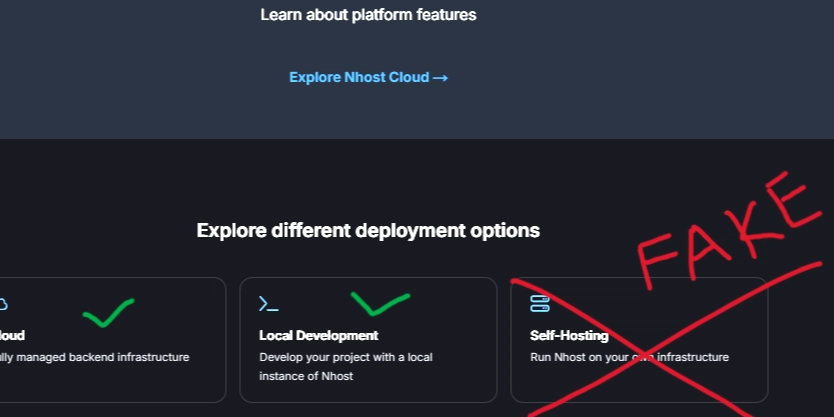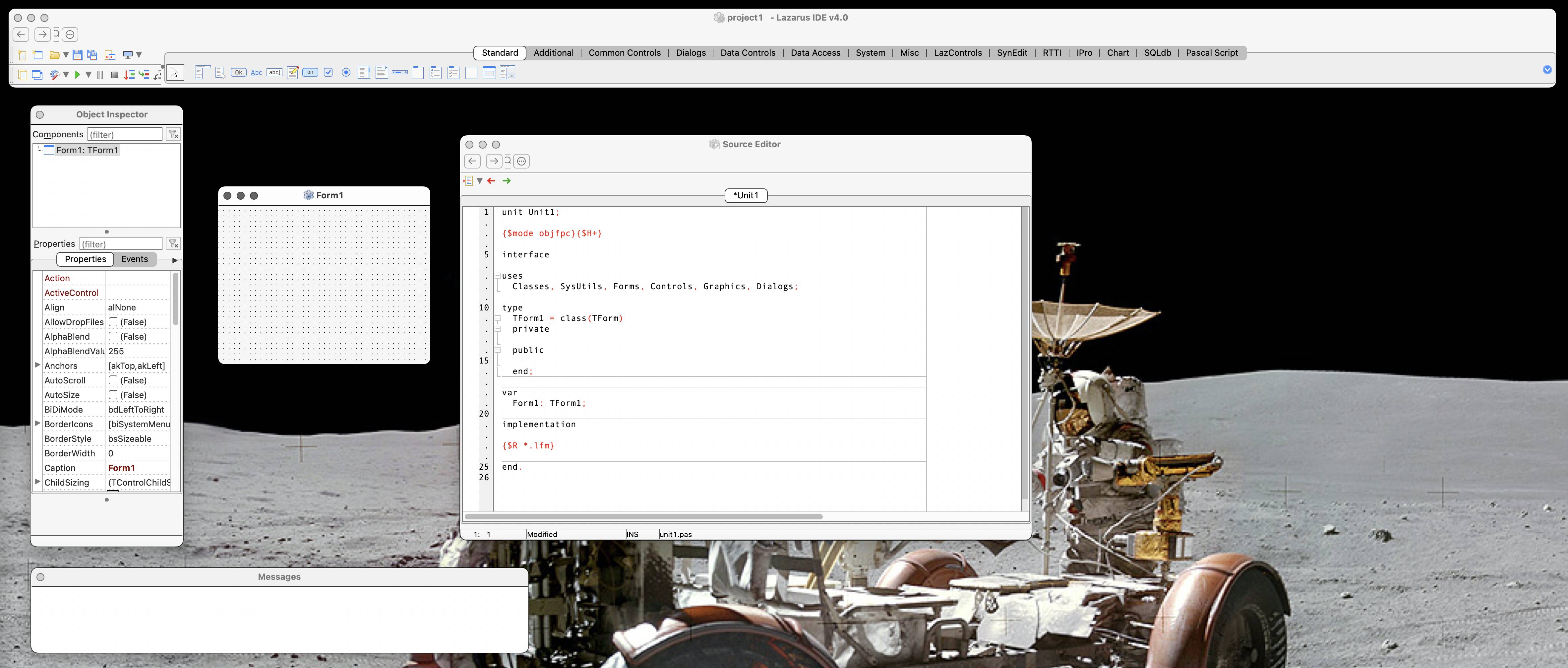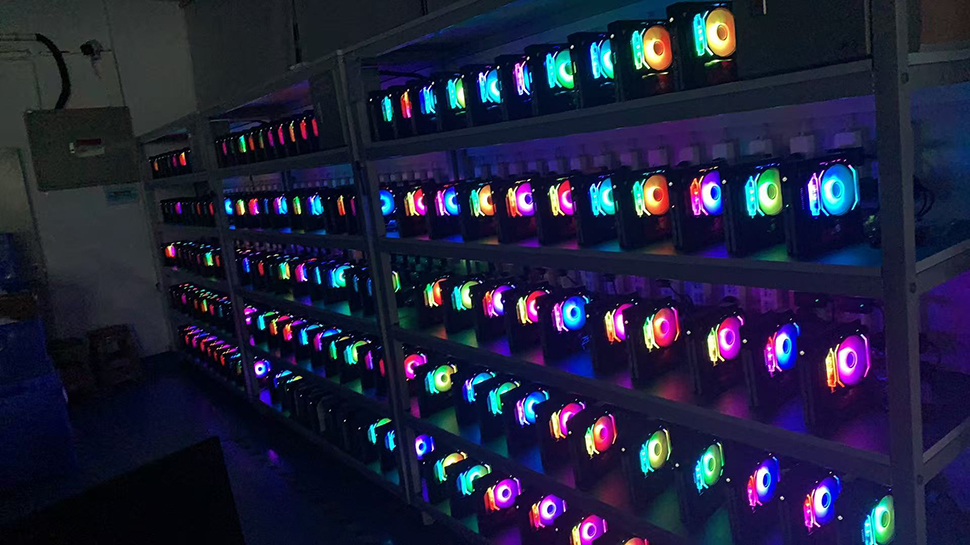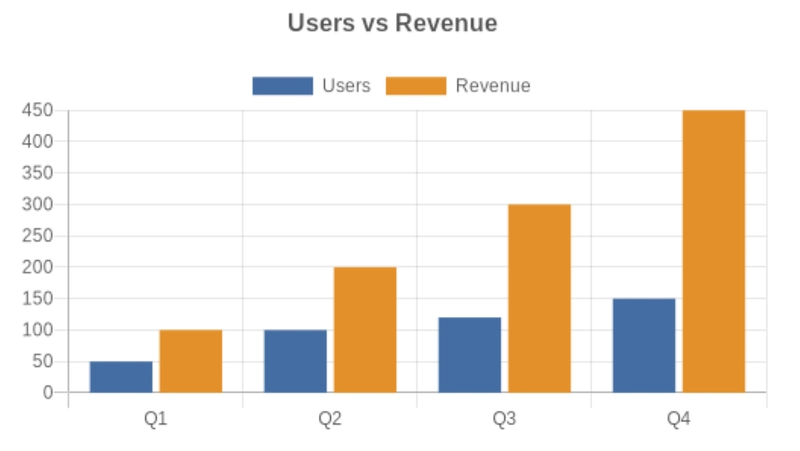Technical Limitations and Community Barriers in the Use of Nhost.io in Self-Hosted Environments
Author: Roberto, Carlos PhD. Abstract This article critically analyzes the Nhost.io platform, a backend-as-a-service (BaaS) tool based on Hasura and PostgreSQL, focusing on its claimed ability to be deployed in self-hosted environments. The research reveals that, despite the existence of public repositories and docker-compose.yaml files for local installation, the tool presents significant technical and social obstacles to full execution outside the environment controlled by Nhost Inc. 1. Introduction The concept of Backend-as-a-Service (BaaS) has evolved significantly with the emergence of platforms such as Firebase, Supabase, and Nhost.io. These tools promise to accelerate application development by offering authentication, real-time databases, storage, and integrated serverless functions. Among them, Nhost.io stands out for offering a modern stack based on GraphQL and Hasura, with the promise of being open-source and self-hosted. 2. Methodology The analysis was conducted based on: studies of public repositories of the Nhost organization; tests of the docker-compose.yaml provided for local environments; interactions with Nhost community members in public forums such as GitHub Issues and Discord; and official and unofficial documentation for installation on VPS servers. 3. Technical Structure and Diagnosis The docker-compose.yaml includes services such as nhost-auth, nhost-storage, nhost-functions, nhost-graphql, nhost-mailhog, nhost-dashboard, PostgreSQL, and Hasura. The environment only works in localhost due to limitations with CORS, internal variables, and dependency on verified domains. On VPS deployments, failures occur due to lack of support for automated TLS, OAuth provider integration, and the CLI being restricted to cloud usage. 4. Ethical and Community Implications User reports indicate blocks in official Discord and GitHub channels after raising questions about these limitations. The CTO, David Barroso (GitHub user dbarrosop), has been cited as responsible for sanctions against users who point out the truth about the non-functional nature of the self-hosted version of Nhost. 5. Discussion Nhost.io is open-source in terms of code, but not in terms of infrastructure. The behavior of the technical team violates principles of openness and collaboration, creating a toxic and centralized environment. Other solutions such as Supabase offer more transparent support for independent hosting. 6. Conclusion The promise of a functional self-hosted Nhost instance does not hold up in practice. The tool only works properly in localhost mode and imposes various technical and community barriers. Alternatives with true independent deployment support are recommended. References Nhost GitHub Repository: https://github.com/nhost/examples/docker-compose Official Nhost Documentation: https://docs.nhost.io Community reports on Discord and GitHub Issues (Feb-May/2025) Technical analysis of docker-compose.yaml containers. Supabase Self-Hosting Guide, 2024.

Author: Roberto, Carlos PhD.
Abstract
This article critically analyzes the Nhost.io platform, a backend-as-a-service (BaaS) tool based on Hasura and PostgreSQL, focusing on its claimed ability to be deployed in self-hosted environments. The research reveals that, despite the existence of public repositories and docker-compose.yaml files for local installation, the tool presents significant technical and social obstacles to full execution outside the environment controlled by Nhost Inc.
1. Introduction
The concept of Backend-as-a-Service (BaaS) has evolved significantly with the emergence of platforms such as Firebase, Supabase, and Nhost.io. These tools promise to accelerate application development by offering authentication, real-time databases, storage, and integrated serverless functions. Among them, Nhost.io stands out for offering a modern stack based on GraphQL and Hasura, with the promise of being open-source and self-hosted.
2. Methodology
The analysis was conducted based on: studies of public repositories of the Nhost organization; tests of the docker-compose.yaml provided for local environments; interactions with Nhost community members in public forums such as GitHub Issues and Discord; and official and unofficial documentation for installation on VPS servers.
3. Technical Structure and Diagnosis
The docker-compose.yaml includes services such as nhost-auth, nhost-storage, nhost-functions, nhost-graphql, nhost-mailhog, nhost-dashboard, PostgreSQL, and Hasura. The environment only works in localhost due to limitations with CORS, internal variables, and dependency on verified domains. On VPS deployments, failures occur due to lack of support for automated TLS, OAuth provider integration, and the CLI being restricted to cloud usage.
4. Ethical and Community Implications
User reports indicate blocks in official Discord and GitHub channels after raising questions about these limitations. The CTO, David Barroso (GitHub user dbarrosop), has been cited as responsible for sanctions against users who point out the truth about the non-functional nature of the self-hosted version of Nhost.
5. Discussion
Nhost.io is open-source in terms of code, but not in terms of infrastructure. The behavior of the technical team violates principles of openness and collaboration, creating a toxic and centralized environment. Other solutions such as Supabase offer more transparent support for independent hosting.
6. Conclusion
The promise of a functional self-hosted Nhost instance does not hold up in practice. The tool only works properly in localhost mode and imposes various technical and community barriers. Alternatives with true independent deployment support are recommended.
References
- Nhost GitHub Repository: https://github.com/nhost/examples/docker-compose
- Official Nhost Documentation: https://docs.nhost.io
- Community reports on Discord and GitHub Issues (Feb-May/2025)
- Technical analysis of docker-compose.yaml containers.
- Supabase Self-Hosting Guide, 2024.












































































































































































![[The AI Show Episode 146]: Rise of “AI-First” Companies, AI Job Disruption, GPT-4o Update Gets Rolled Back, How Big Consulting Firms Use AI, and Meta AI App](https://www.marketingaiinstitute.com/hubfs/ep%20146%20cover.png)






























































































































![Ditching a Microsoft Job to Enter Startup Hell with Lonewolf Engineer Sam Crombie [Podcast #171]](https://cdn.hashnode.com/res/hashnode/image/upload/v1746753508177/0cd57f66-fdb0-4972-b285-1443a7db39fc.png?#)


























































.jpg?width=1920&height=1920&fit=bounds&quality=70&format=jpg&auto=webp#)





















































-Nintendo-Switch-2-Hands-On-Preview-Mario-Kart-World-Impressions-&-More!-00-10-30.png?width=1920&height=1920&fit=bounds&quality=70&format=jpg&auto=webp#)










































































































-xl.jpg)





























![New iPad 11 (A16) On Sale for Just $277.78! [Lowest Price Ever]](https://www.iclarified.com/images/news/97273/97273/97273-640.jpg)

![Apple Foldable iPhone to Feature New Display Tech, 19% Thinner Panel [Rumor]](https://www.iclarified.com/images/news/97271/97271/97271-640.jpg)





































































![[Weekly funding roundup May 3-9] VC inflow into Indian startups touches new high](https://images.yourstory.com/cs/2/220356402d6d11e9aa979329348d4c3e/WeeklyFundingRoundupNewLogo1-1739546168054.jpg)





























